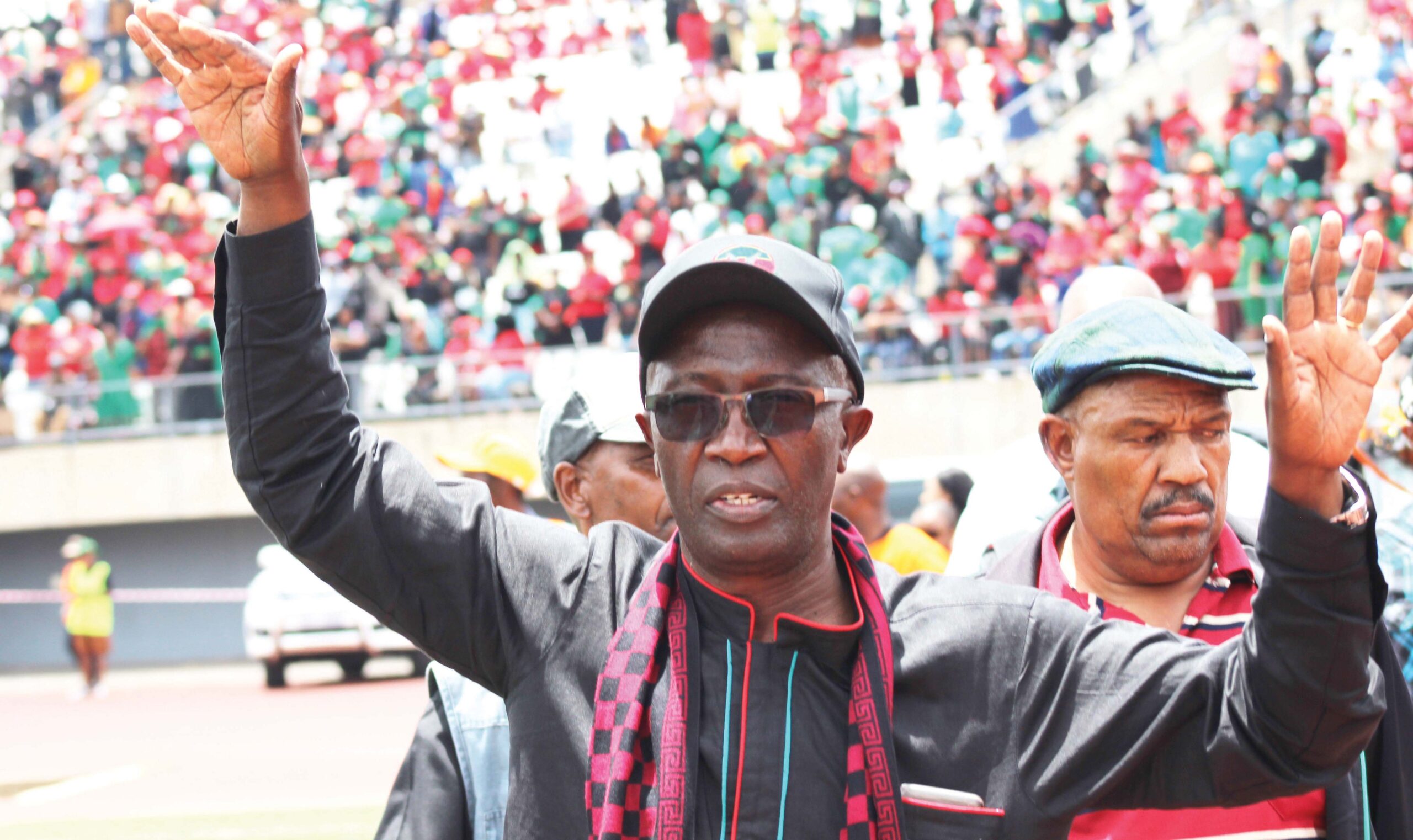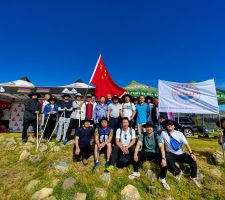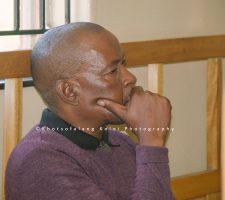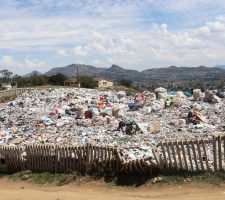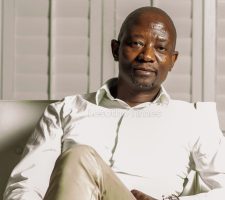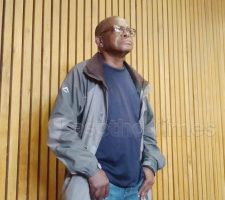
’Marafaele Mohloboli recently in Antalya, Turkey
DEPUTY Prime Minister Mothetjoa Metsing says Lesotho has made significant strides towards graduating from the least-developed country (LDC) status although more work still needs to be done.
Mr Metsing made the remark on Friday last week while addressing delegates attending the High-level Midterm Review of the Implementation of the Istanbul Programme of Action (IPoA) in the coastal city of Antalya in Turkey.
The meeting brought together 2 000 participants including high-level officials and representatives from government, parliaments, international and regional organisations, civil society, private sector, foundations, think-tanks and the media.
Among the objectives of the three-day conference was assessing the implementation of the IPoA by LDCs and their development partners as well as sharing best practices and lessons learnt.
The gathering also sought to identify obstacles, constraints and initiatives needed to overcome them for the next five years of implementation, taking into account the 2030 Agenda for Sustainable Development, Addis Ababa Action Agenda, Sendai Framework for Disaster Risk Reduction and Paris Agreement.
IPoA refers to the programme of action for LDCs in the years 2011 to 2020 that was adopted by the Fourth United Nations (UN) Conference on the Least Developed Countries, held in Istanbul, Turkey, on 9-13 May 2011.
The overarching goal of the IPoA is to overcome structural challenges faced by the LDCs in order to eradicate poverty and achieve internationally-agreed development goals. It also specifically seeks to enable half of the LDCs to meet the criteria for graduation.
The LDC category was established by the UN General Assembly in 1971 to encourage international support for the most vulnerable and disadvantaged members of the UN. Currently, there are 48 countries categorised as LDCs. The next triennial review will be held in 2018.
Mr Metsing said the government was making concerted efforts to lift Lesotho from the LDC status. The identification of LDCs is based on per capita gross national income, human assets and economic vulnerability to external shocks.
The deputy premier said this was being done through the implementation of the National Strategic Development (NSDP), which he said incorporated the resolutions reached at the IPoA.
“The coming into being of the Istanbul Programme of Action coincided with the development of the NSDP. It was therefore imperative to integrate, in the national priorities, the internationally-agreed vision and strategies contained in the Istanbul Programme of Action,” said Mr Metsing.
Significant progress, he said, had been made in Lesotho’s efforts to graduate from the LDC category, although many challenges remain.
“We still face challenges that continue to limit our productive and absorptive capacity, growth in our export base, adequate trade and investment inflows, as well as eradicating our healthcare challenges.”
Mr Metsing said some of the efforts the government was making to alleviate the challenges included “actively engaging” the private sector in formulating and implementing strategies that drive economic development and sustainable job-creation.
“We have redoubled our efforts to improve the investment climate and improve our national competitiveness in key sectors including agriculture, mining, manufacturing and service sectors such as tourism and construction,” he said.
On the human-development ranking, Mr Metsing said Lesotho’s 62.9 was higher than the average 51.5 for least-developed countries. Human development is defined as the process of enlarging people’s freedoms and opportunities and improving their well-being.
“Literacy rates have been improved over time through the introduction of free and compulsory primary education, a higher level of secondary enrolment and adult education,” he said.
“In the case of under-five mortality rate, there has been a significant decline from 117 per 1 000 live births to 85. One of the major factors that could be attributed to this development is the improvement in immunisation-coverage and child-nutrition.”
The deputy premier said Lesotho’s landlocked status undermined its export competitiveness. To redress this challenge, he said the government had modernised customs procedures and rules to further improve conditions of doing business in the country.
Mr Metsing also said the NSDP was being reviewed to enable the government to streamline its strategies “and ensure synergies with new global perspectives”.
In an interview with the Lesotho Times on the side-lines of the conference, Mr Metsing said Basotho needed to wean themselves from a dependency syndrome for the nation to graduate from the LDC status.
“As Basotho, we have a dependency syndrome and are frankly quite lazy. We depend on foreign aid so much that we can’t even see our own capabilities, and it is high time that we do away with this retrogressive tendency. We can’t go on like this.”
He said Basotho needed to go into commercial agriculture and not just settle for subsistence farming.
“There is so much arable land in Lesotho, but we are under-utilising it and it is also not well-planned. We badly need a paradigm shift and to promote the value of food security and agriculture.”
Mr Metsing said Lesotho needed a “proper” land tenure system to attract more investors into the country by leasing out land.
“The proper leasing of land will help improve commercial agriculture and boost the country’s economy,” he said.





